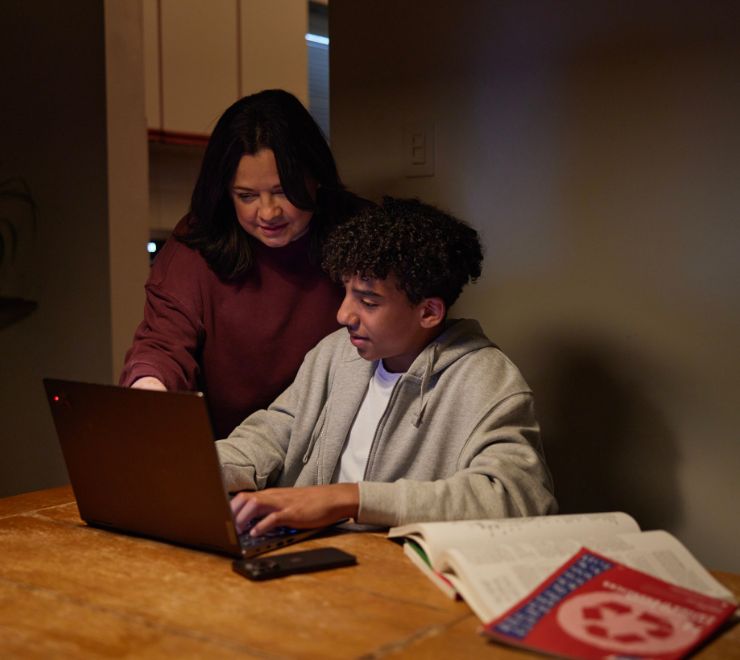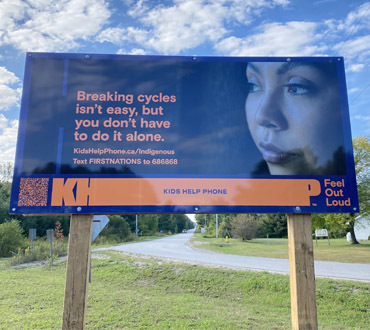Lots of people have tattoos and piercings. While they can be a way to express yourself, there are some things to consider before you visit the studio.
Many people use tattoos and piercings as a way to express their individuality and personal style, but there are laws and health concerns to also consider.
Should I get a tattoo or piercing?
Tattoos are mostly permanent. What you decide to get deserves a lot of thought because removal can be long, painful and expensive. And removal isn’t always successful. If you’re feeling rushed or pressured by the studio or your friends, it’s OK to leave. Choosing to get a tattoo is an important decision, so itÍs crucial to be completely sure before committing.
While not all piercings are permanent, they can sometimes leave behind scars, holes or permanent side effects.
I don’t know what I want to get
It’s always a good idea to think about your tattoo or piercing for a while. Save up money and wait to find the right image, tattoo artist or piercer. Before you commit to a design or studio, you should go for a consultation. At the consultation, bring pictures and anything else that the tattoo artist or piercer may need. Since you could have the tattoo or piercing for the rest of your life, itÍs worth taking the time to be patient and think it through.
Are tattoos and piercings painful?
Talk to your tattoo artist or piercer if youÍre worried about how much pain you may experience. Pain levels vary from person to person. Some areas of the body are more sensitive than others, too. Tattoos and piercings may hurt while theyÍre being done and afterward.
Are there age restrictions around tattoos and piercings?
Most studios require you to be 16 or older and will not tattoo or pierce someone who is underage. But, you can check with your studio of choice about age restrictions before booking an appointment.
How much does a tattoo or piercing cost?
The cost will vary depending on the tattoo or piercing. For piercings, the location and the type of jewelry will affect the cost. For tattoos, the size, design and time spent by the tattoo artist will impact the cost, but the price can range from less than $100 to thousands of dollars.
What are the risks associated with piercings and tattoos?
Risks associated with tattoos and piercings will vary depending on which part of your body is being pierced or tattooed. Most of these risks can be addressed by choosing a studio that obeys health and safety laws. While rare, risks associated with piercings and tattoos include:
- Infection: tattoos and piercings break the skin, which can leave you vulnerable to skin infections and sexually transmitted infections (STIs).
- Serious illness: tattooing or piercing with unsterile (unclean) equipment can put you at risk for viruses that are spread through blood such as Hepatitis C, Hepatitis B or HIV.
- Skin reactions: some people experience severe skin reactions to tattoo ink, especially red and yellow inks.
- Allergies: some people experience allergic reactions to certain types of piercing jewelry.
- Nerve damage: piercing can cause nerve damage, meaning that you may experience numbness or loss of feeling near the piercing.
- Permanent scarring/keloids: piercings and tattoos can lead to permanent scarring or keloids, which are growths of scar tissue that rise up from the surface of the skin. Keloids may be skin-coloured or shades of pink or purple.
Most municipalities (cities) monitor studios through their public health units. However, you should know what to look for in a good studio including:
- Cleanliness: the studio is not dirty and is kept neat and tidy.
- Reputation: you’ve heard good things about the studio. (You may think about going to a studio where a friend has had a good experience.)
- New, sterilized equipment: make sure that the studio only uses new, sterilized needles and that the tattoo artist or piercer opens all packaging in front of you.
- Gloves: tattoo artists and piercers should always wear new latex or vinyl gloves when they work on you.
- New razors: shaving razors, which are sometimes used to trim body hair before a tattoo or piercing, should only be used once and then thrown away.
- A sharps container: look for a sharps container, which is used for the disposal of needles and razors. Usually, a sharps container is a yellow bin with lettering that indicates itÍs for biohazardous waste (like what youÍd see at a doctorÍs office).
- Piercing guns on earlobes only: piercing guns should never be used for body piercing. If the piercer wants to use a piercing gun anywhere other than your earlobes, it’s OK to leave.
What should I ask before getting a tattoo or piercing?
Tattoo artists and piercers at a good studio will take the time to answer any questions you may have. If they donÍt treat you with respect, or are rushing you, itÍs OK to leave. Here are some questions you may want to ask:
- Can I see your portfolio?
- How long have you been tattooing/piercing?
- Has your studio received a spore test certificate? (Spore tests check that the equipment is sterilized. The certificate should be displayed somewhere visible in the studio and be up to date.)
- What kind of jewelry do you use for piercings? (All piercing jewelry should be high quality, medical grade stainless steel or titanium.)
- Do you use new ink/needles for every tattoo?
- Do you have some aftercare instructions that I can take with me after my tattoo/piercing?î
- How much do you charge for tattoos/piercings?
- How long will the tattoo/piercing take to heal? (If you have any plans, such as a vacation, that could make it harder for you to take care of your tattoo or piercing, you may want to hold off.)
Before getting a tattoo or piercing
ItÍs important to eat a healthy meal and drink plenty of water before getting a tattoo or piercing. This will help your body manage the pain. Avoiding drugs and alcohol is crucial it’s best to be of sound mind while getting a tattoo or piercing and you could be turned away by the studio if you’re intoxicated. Drinking alcohol before getting a tattoo will also make your body bleed more this makes it harder for the tattoo artist and will affect the finished product.













